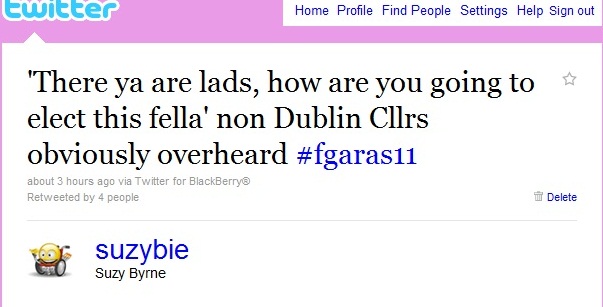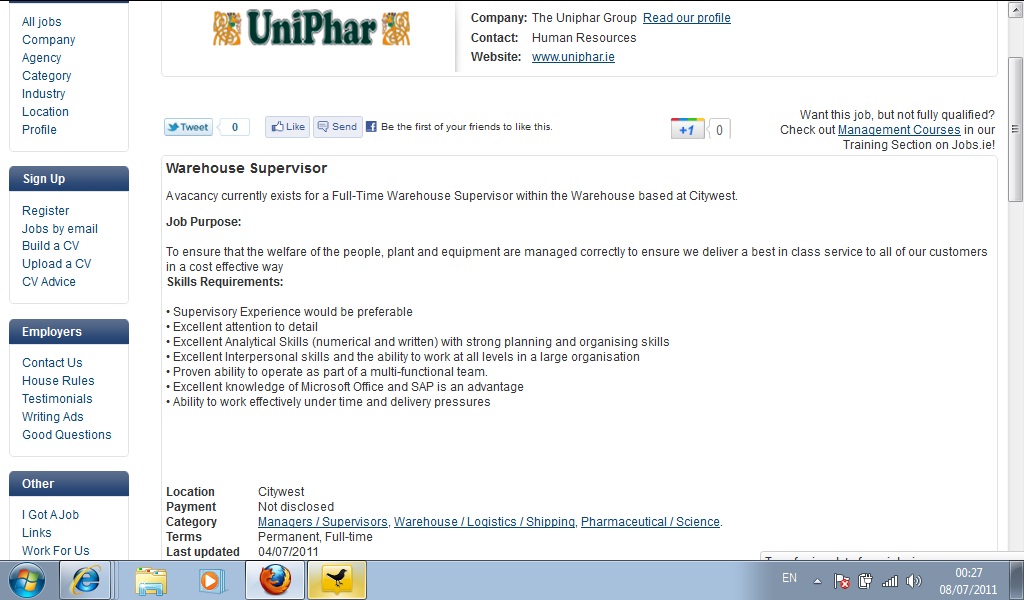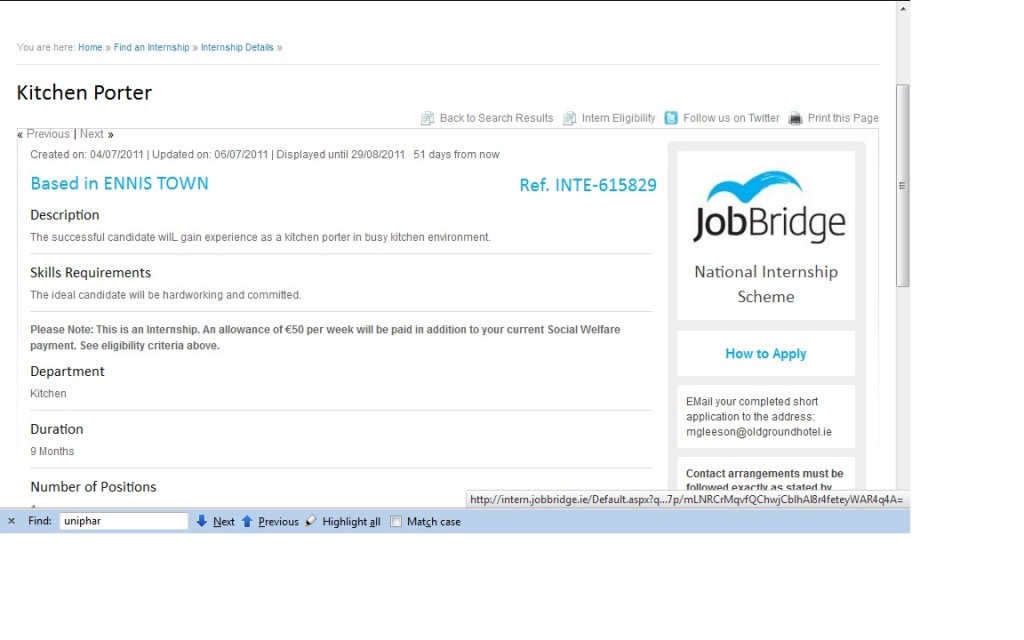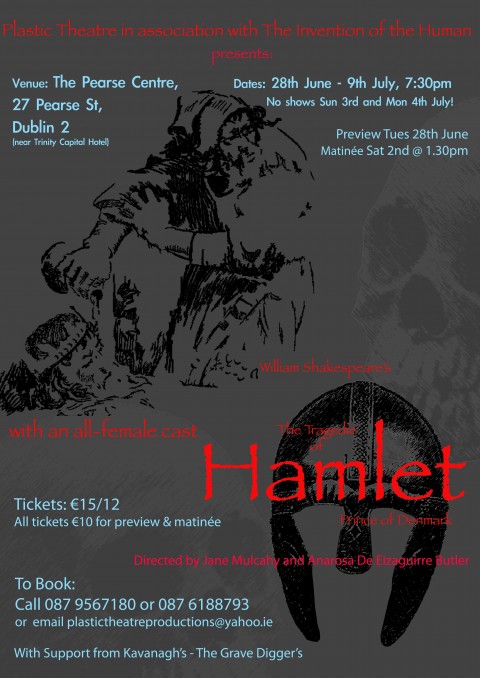Last week the HSE published a report that has been three years in the making on the lives of people with disabilities in Ireland who live in congregated settings. There has been very little coverage of its contents or recommendations and I wonder following the Primetime programme on the abuse of people with disabilities and poor services available if the shock value has gone away and that the public have been neutered.
Time to Move on from Congregated Settings reviews the current situation and profile of approximately 4000 people with disabilities, mainly those with intellectual disabilities, many of whom living hidden lives, with no visitors in poor quality accommodation.
This report applies to some 70 locations where people with disabilities are living in settings of more than 10 people. It does not cover the lives of people with disabilities who live in community housing already or in nursing homes or in HSE run units for people with physical and neurological disabilities where many live with no choice in the matter. To date all these places are not inspected and there are no statutory regulations in place regarding the standards of care for people with disabilities.
Many share bedrooms with others or live on wards, have to share toilets and queue in halls waiting to take a shower, have no choice in what they eat or who works with them and often do not leave the places they live from one day to the next. Chemical restraints are often used and there is little personal centred planning. Despite recommendations in the 1960’s and subsequent international best practice recommending that people with disabilities live outside of institutions the state has continued to fund these services which are provided by ‘voluntary’ service providers.
The report’s project manager visited many locations
The survey found that there are significant issues around lack of privacy and dignity, as demonstrated in the data on shared bedrooms and bathroom facilities, people being changed in communal areas and situations where people have no personal belongings or where their personal belongings are communal property.
20 older people with severe disability with one accessible shower and 2 wash basins. People wait their turn to be washed and have their teeth cleaned.
Project Manager’s observations
A ward with 10 beds side by side with minimal space between, and no curtain dividing them.
Project Manager’s observations
A Unit for 15 severely disabled people, two have significant medical problems which result in their being peg fed. All others need high levels of support in all the essential activities of daily living. The number of staff on duty at any given time is 3. There are significant periods in the day where only 2 people are on duty to cover the basics i.e. getting people up, dressed, washed and fed. Service users either do not have a day programme or if they do it is a very limited session, maybe once or twice per week. Some people get no day provision at all.
Project Manager’s observations
The report recommends that all those living in congregated settings live in dispersed homes in the community with varying supports as required in the next seven years. A plan for the report’s implementation is included and points out that housing is not a health issue and should be managed by the Department of the Environment and local government. Recommendations are made for shared housing, living along and other housing arrangements including living with their family or other families in a long term placement. It’s a clear blueprint which has reflected on what is wrong, what should be done and how based on previous experience here and abroad things can and have changed. There are success stories also which show that moving on and giving people respect, choice and dignity about where and how they live is possible and a positive experience.
Influencing the paucity of coverage or concern on the conditions that some of our citizens are living in is the lack of money, voice and influence that this group has. No doubt people will be told if anyone asks that people will have to wait their turn – not that their turn came in tiger years.
Many staff in the sector fear change and neighbourhoods have opposed the including of people with disabilities in local communities. There’s also been an assumption (austerity or otherwise) that families will care for people long into adulthood without asking people with disabilities what they want, or providing supports on the basis of what is available and not what is suitable. Families will need support to understand that changes in service are required and the quality of life and where it is lived will and must alter radically.
Given the focus on those living in institutions the lives of people with disabilities who live with their families still goes unreported and there is little analysis of the many who are on housing waiting lists or denied the right to apply for social housing either by local authorities or their families.
Eilionoir Flynn provides further analysis on the Human Rights in Ireland blog.
http://www.hse.ie/eng/services/Publications/services/Disability/timetomoveonfromcongregatedsettings.pdf







